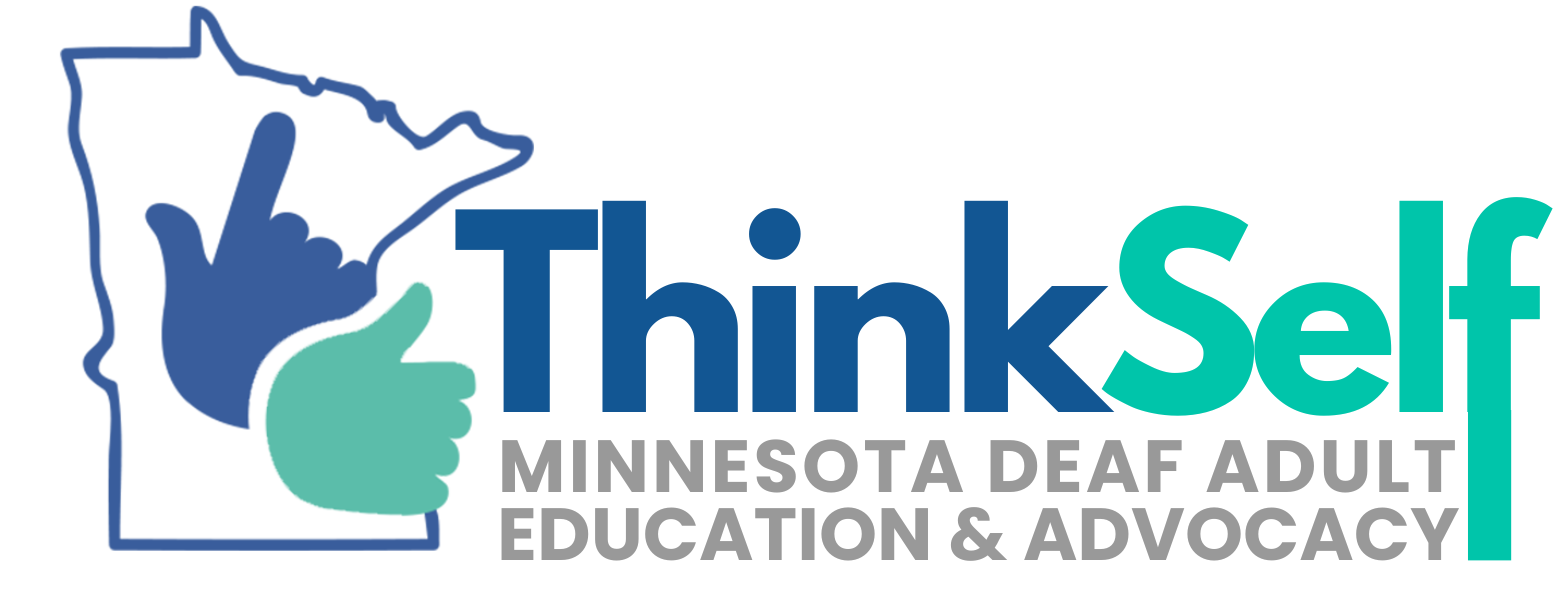Participant Grievance Procedure Policy
It is the policy of ThinkSelf to ensure that people served by our program have the right to respectful and responsive services. We are committed to providing a simple grievance process for the people served in our programs and their authorized or legal representatives to bring grievances forward and have them resolved in a timely manner. “Grievance” means a concern about any matter including, but not limited to, the quality of care, services provided, program policies, program procedures, staff, or the facilities.
The person receiving services should first talk to the staff member and identify your concern(s). If you are not satisfied with the outcome or feel that resolution has not been obtained, either written or verbal, may be presented to the Operations Manager within 90 days of the occurrence. The Operations Manager will respond either verbally or in written form within five working days. The Manager will offer a solution or an explanation of the reasons why no action is being taken.
If the participant feels that the issue is not resolved, a grievance may be presented to the Executive Director in writing. The Executive Director will investigate the complaint. The investigation will include: a) holding private, confidential interviews with the involved parties, b) involving only appropriate staff, c) involving a support person accompanying the participant, if the participant chooses to have such a person present. The Executive Director will respond in writing to the participant within ten working days. The response will offer a solution or fully explain the reasons why no action was taken.
If you wish to appeal the Executive Director’s decision, the grievance must be presented within two working days to the Board of Directors. You will be asked to submit your concerns in writing. The board will act on the grievance at the next regularly scheduled board meeting. The decision of the board will be delivered in writing within ten working days. The decision of the board is final. The Executive Director will document the meeting outcome and is authorized to interpret the agency’s policies and procedures to make a final recommendation on the issue in question.
Complaints about a sign language interpreter’s professional conduct can be reported with the appropriate professional authority. You can contact the Registry of Interpreters for the Deaf (RID) and/or the agency that assigned the sign language interpreter.
If you feel you have been discriminated against on the basis of race, color, national origin, religion, sex, age or disability, you may file a complaint with the Office of Civil Rights at the U.S. Department of Justice. Another option would be to file a complaint with the Minnesota Department of Human Rights.[/vc_column_text][/vc_column][/vc_row]
